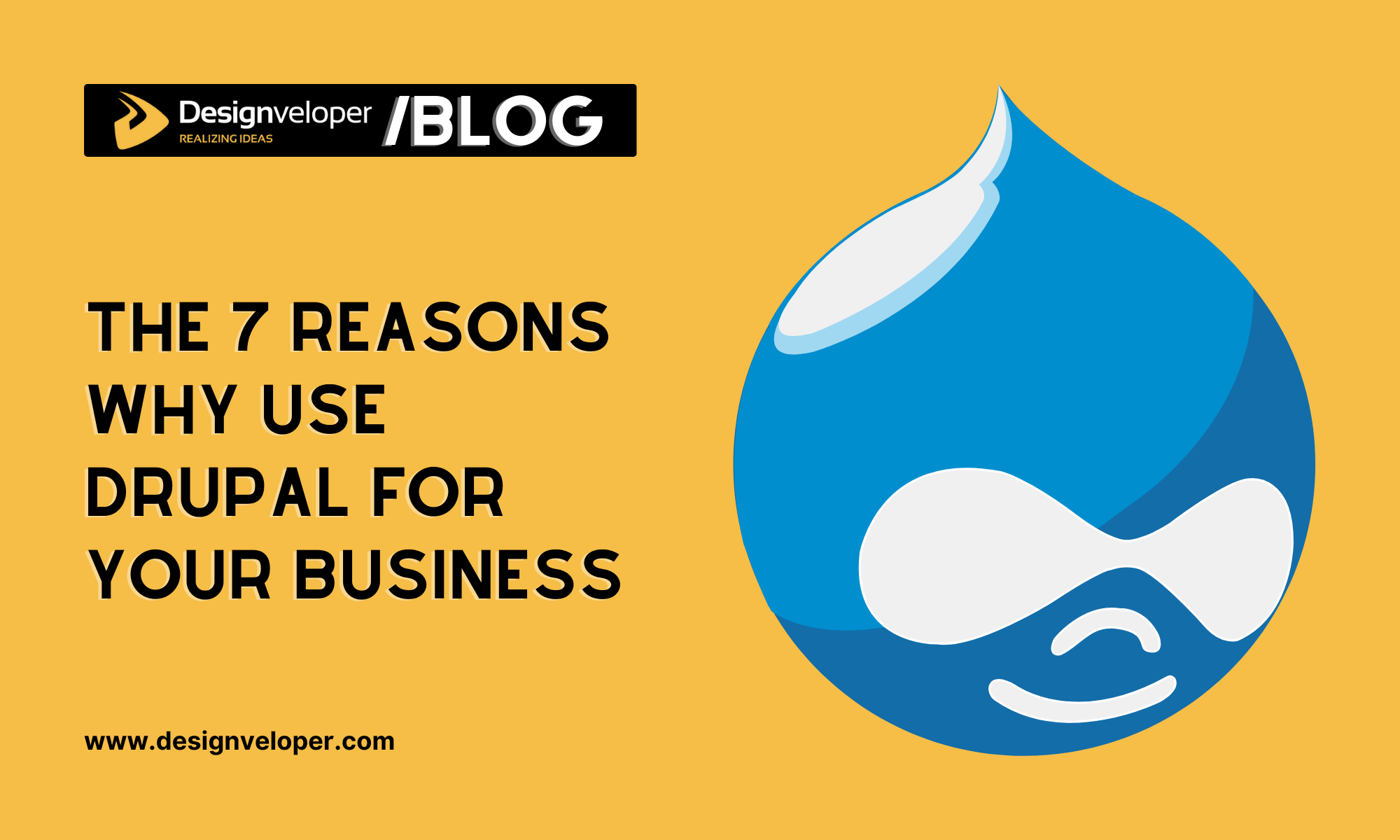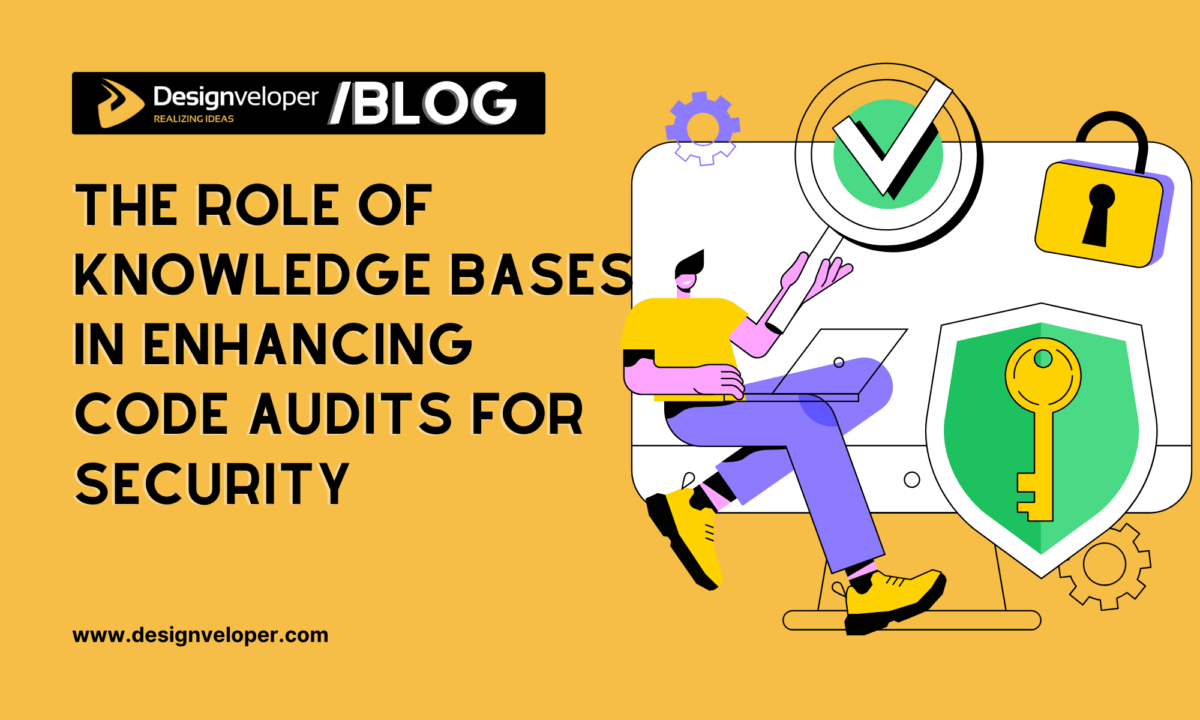
When it comes to content management systems (CMSs), many people often think of WordPress first. However, browsing around the websites of various technology outsourcing agencies, you can see Drupal is quite all-encompassing in CMSs. So what is Drupal? And why use Drupal instead of WordPress? This article will give detailed answers to those questions and explain why to use Drupal.
What Is Drupal?
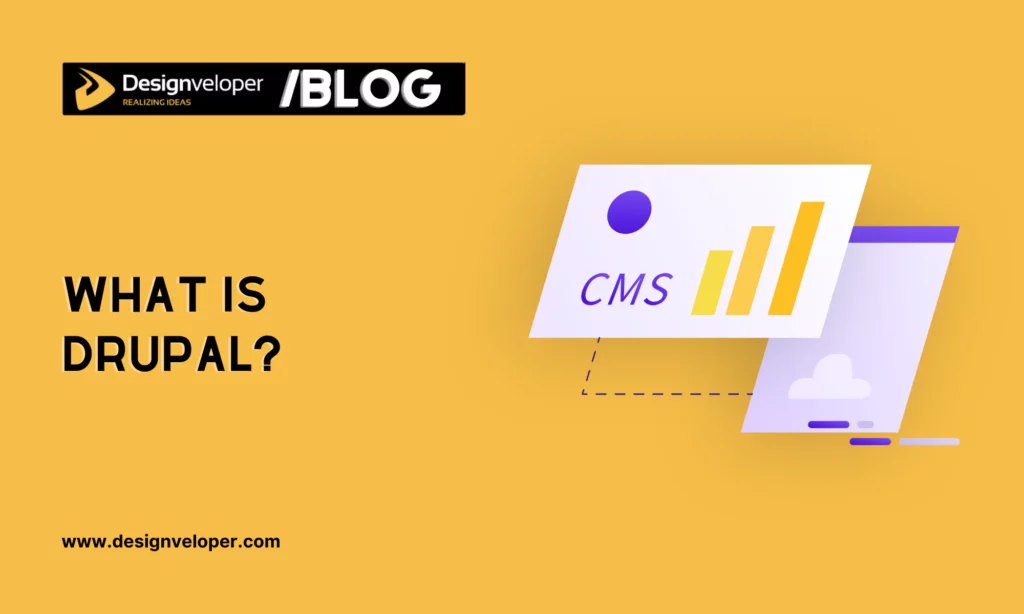
Similar to WordPress, Drupal is also a free and open-source content management platform written in PHP. As of August 2024, this CMS has provided back-end frameworks for 1.3% of global websites. This figure significantly dropped from 7.2% in 2013, making way for other emerging CMSs like Shopify, Wix, and Squarespace. For this reason, Drupal has become the sixth largest CMS software.
According to Drupal.org, this framework has been widely applied in different industries. These industries include government, higher education, Non-profit, FinTech, Media & Publishing, and more. Various organizations, typically tesla.com (the official website of Tesla), emmys.com (The Emmy Awards), commission.europa.eu (The European Commission), and ox.ca.uk (University of Oxford), are also making use of it.
Recommended reading: What Is Drupal? All You Need to Know Before Starting
The Difference Between Drupal and WordPress
W3Techs, a division of Q-Success that specializes in web technology surveys, found that WordPress is much more popular than Drupal, with nearly 63%. But each CMS platform still has its own pros and cons. Let’s find them out:
| Difference | Drupal | WordPress |
| Ease of Use | Have a steeper learning curve | Known for its simplicity and ease of use |
| Customization and Flexibility | Flexible and powerful to create complex and custom-built websites with ease | More limited in building customizable websites |
| Security | Robust security features. Its community is proactive in fixing vulnerabilities and keeping the platform secure. | Secure. Yet it’s a bigger target for hackers because it’s more widely used. You’ll need to rely on plugins and regular updates to maintain security. |
| Performance and Scalability | Known for performance and scalability. This means that it can handle large volumes of content and high traffic with ease. | WordPress might require more optimization and resources as your site grows. |
| Community and Support | Have a dedicated and knowledgeable community, often catering to more advanced users and developers. | Have a larger community with more beginner-friendly resources. |
| Themes and Plugins | Has the limited collection of themes and modules & requires more customization to achieve the desired look and functionality. | Known for its vast selection of themes and plugins. |
| Development Costs | Might involve higher development costs because of its complexity and the need for specialized skills. However, for larger projects, Drupal’s flexibility can justify the investment. | Generally more cost-effective, especially for smaller projects. It’s quicker to set up and requires less customization. |
In short, WordPress is ideal for simpler websites, quick setups, and users who prefer ease of use. Drupal, meanwhile, is the better choice for complex, large-scale projects that require high levels of customization, security, and scalability. Your choice depends on your specific needs, technical skills, and project scope.
The 7 Reasons To Why Use Drupal
You’ve understood the differences between Drupal and WordPress. Now, let’s delve into each factor of Drupal to grasp why this CMS platform has gained growing popularity and won the trust of various governmental bodies, large firms, and even celebrities.
1. Content Management Tool
Compared to other CMSs, Drupal also enables content authors to manage website content without technical skills. Drupal’s WYSIWYG editing tool acts as Microsoft’s Word processing software. Accordingly, it allows users to directly publish different kinds of content to websites.
Originally developed for community-based websites, this CMS authorizes users to perform multiple roles as well. This means a user can become an “admin”, an “unknown visitor”, a “registered member”, an “editor” and many more. Accordingly, he can be authenticated and permitted to edit or review content even on mobile devices.
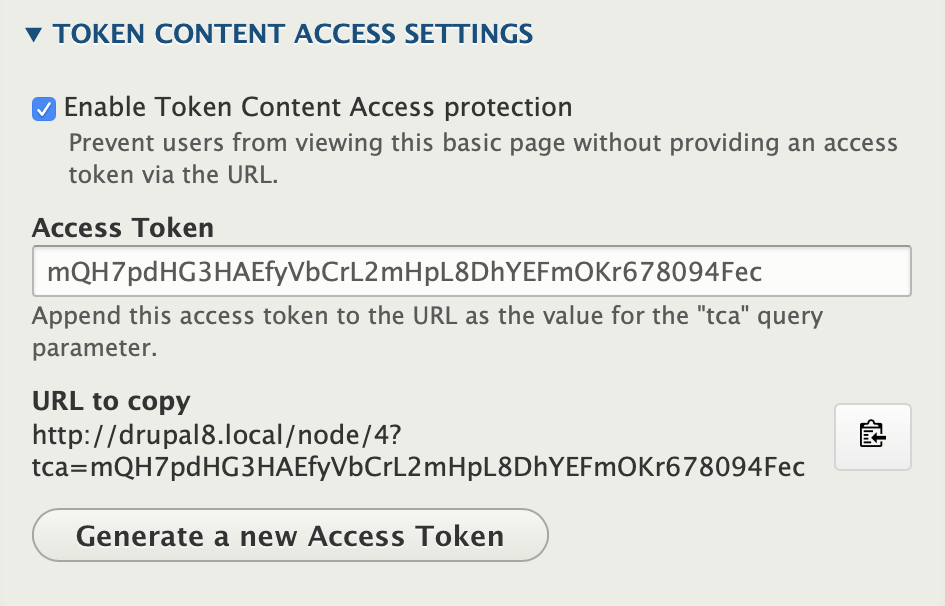
However, to avoid misleading, offensive, or unformatted news, Drupal-based web managers have the feature of controlling the content input. It can also impose rules on web content management. Besides, hosting with large providers such as Blackmesh.com, Pantheon, and Acquia offers a powerful web hosting infrastructure to build large Drupal-based projects.
Furthermore, with Drupal, we can get access to content via different devices, from computer screens to wearables or voice assistants. As an API-first system, this CMS platform helps build one central backend from which your content will be distributed and displayed on a variety of front-end versions. This allows you to create and manage content even on the go.
2. Reliability
Since its introduction in 2000, Drupal has won the trust of technology professionals and business leaders who are looking for a highly scalable, secure, and flexible platform with a strong architecture and seamless integration with third parties. This CMS platform meets those technical requirements and then creates complex websites with quick load page speed.
3. Flexibility
Drupal’s flexibility comes from the Drupal core and its modularity. Equipped with the commonly accepted features for web frameworks, this CMS platform allows customizing websites, intranets, and secure portals for numerous uses. In other words, Drupal looks like a LEGO set that provides different blocks to build whatever you want. Particularly, with scalability, Drupal developers can incorporate different modules with the core to craft websites of all kinds.
In addition to fundamental Web-based installation and administration which requires no technical skills, Drupal also provides sophisticated APIs for websites to communicate with other servers and mutually exchange information. Also, by using OAuth and SAML-based integration (e.g. Azure AD or SalesForce), Drupal facilitates Single Sign-On (SSO) to various different sites with only one account and password.
4. Functionality
The Drupal core contains such basic features as user account registration and maintenance, page layout customization, system administration, and so on.
However, unlike other CMSs, Drupal is more complex as it provides a host of advanced modules. These modules are contributed and meticulously tested by global experts to handle a large volume of content and improve the performance of thousands of pages.
For example, Drupal uses a powerful in-site search module called Apache Solr Search. This module can speed up even complex searches and enhance the user experience when they look for information on pages.
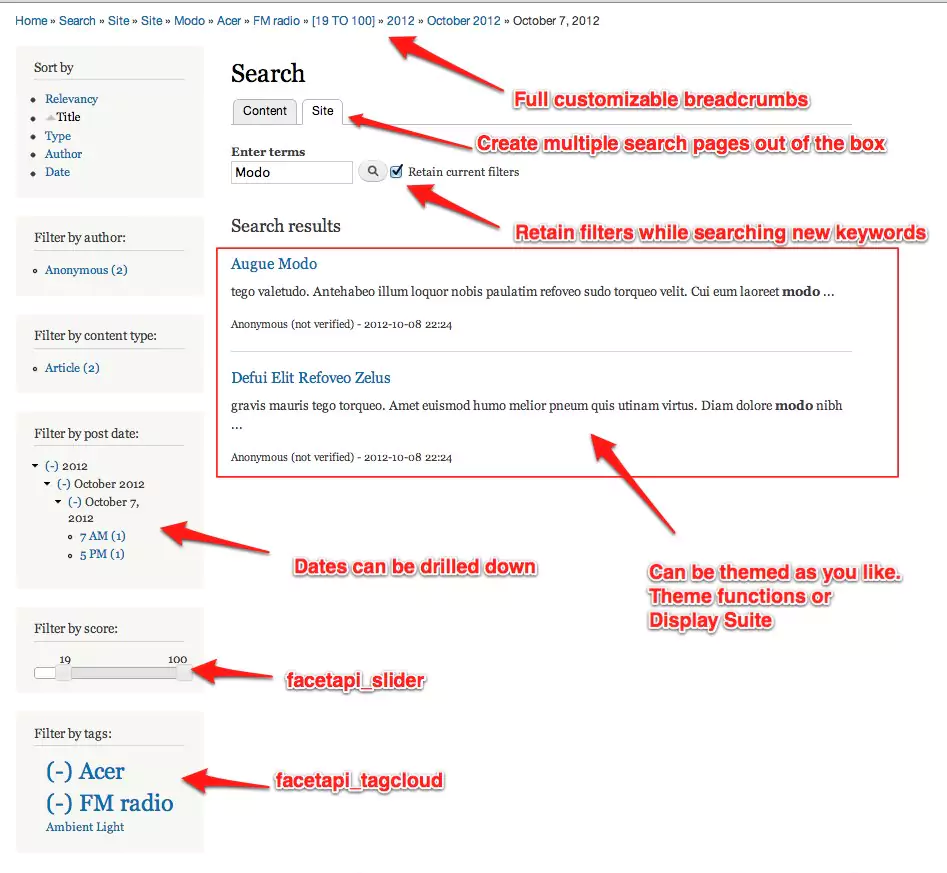
Moreover, its SEO options make Drupal stand out in the market. Particularly, a customized URL (“URL alias”) is given to each item in Drupal development and then modified to suit different content types. Other modules such as CCK (Content Construction Kit) or View Attach are added to Drupal-based websites to optimize content and ensure SEO compliance.
Since the release of Drupal 8, Drupal’s themes have been responsive by default, allowing content to work seamlessly on various devices. Concurrently, with four core modules involving Configuration Translation, Content Translation, Interface Translation, and Language, users can easily choose their preferred language and build a multilingual website faster and easier.
Besides, not only allowing simultaneous access to edit the site from any device, Drupal facilities visually, aurally, or cognitively impaired people to easily approach its websites with the support of accessibility features such as Alt text, Tabbing Manager, or Aural Alerts. This is why this CMS platform is a preferred option for governmental agencies or NGOs whose website contents mainly aim at the mass.
Recommended reading: How To Outsource SEO & Web Design Processes?
5. Security
One of the reasons to use Drupal is its level of security. Drupal’s built-in security and support teams available are so strong that many governmental bodies, large-scale companies, and even celebrities like Lady Gaga or Bruno Mars all depend on Drupal for website development.
Indeed, as an open-source platform, Drupal’s codebase is thoroughly examined by a huge community of developers who use, modify and contribute to building top-notch codes. Therefore, any flaws and threats can be easily detected and reported to Drupal’s security teams for addressing.
Since the release of Drupal 9, the support of Drupal 7 has not seemed to last much longer. This results in unexpected vulnerabilities for websites developed on those versions. The best way to tackle such arisen problems is to upgrade to the latest version as soon as possible. Therefore, if properly executed and maintained, Drupal proves itself a secure CMS for complicated, high-traffic, and heavy-content websites.
Recommended reading: The Role of Sociological Imagination in Web Development
6. Cost
Similar to other CMSs, developers and clients are allowed to use Drupal to build complex, heavy-content websites without license fees. Accordingly, all Drupal modules which are highly customized by experts are free of charge, comprising plug-ins, add-ons, and widgets.
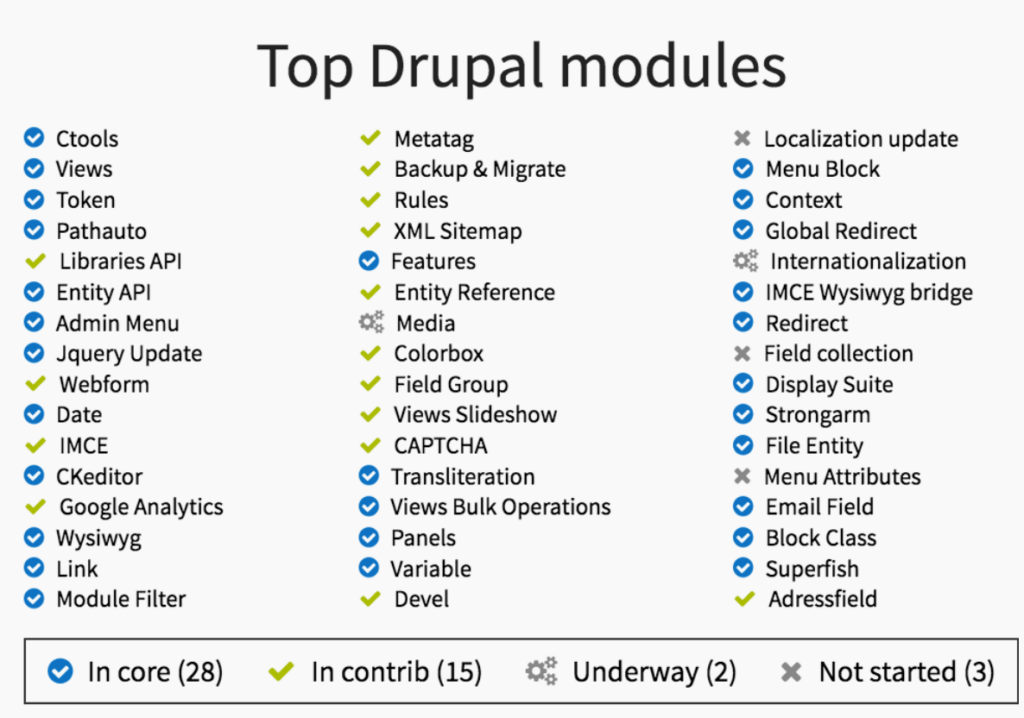
However, this CMS platform is originally designed for custom development. This requires users to have the technical background and skills to take advantage of Drupal’s features for empowering their websites.
If you are not acquainted with programming, you must hire a Drupal developer at a higher cost than WordPress. This is because the latter system is more prevalent and easier to use. Fortunately, the latest versions of Drupal have attempted to integrate frameworks (e.g. Symfony) that are common to PHP developers and then facilitate their approach to this CMS platform.
Also, the latest versions of Drupal, such as Drupal 10, can help both professional developers and non-experts build websites much easier. Those partially reduce costs related to employing developers. This is also one of the reasons to use Drupal.
Recommended reading: A Detailed Guide for Web Development Cost
7. One more reason to use Drupal: Active User Community
Drupal.org is a resourceful community that both novice and experienced developers can exploit to access educational materials and the latest news. They can also ask for support from fellow contributors and specialists. These members have worked together to perfect Drupal core, design new modules, share effective practices, and build up a strong sense of community. Accordingly, tons of modules are contributed and publicly online in repositories such as GitHub.
Conclusion
Now, you’re here! We at Designveloper hope this article can help you better understand why to use Drupal through our our top seven reasons. If you want to learn more about Drupal and other CMS platforms, subscribe to our blog and receive the latest articles!






Read more topics




























